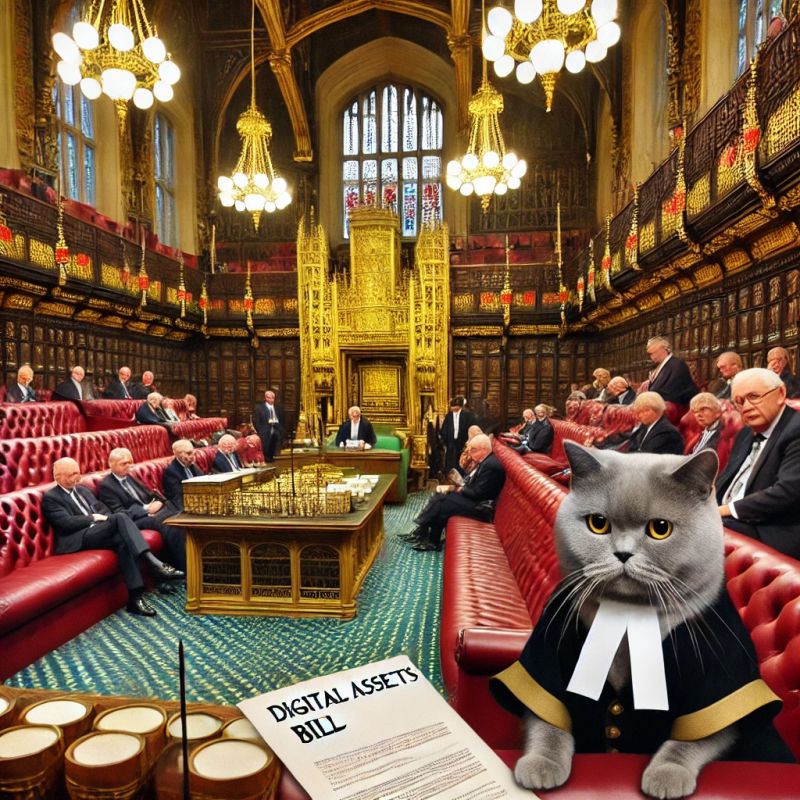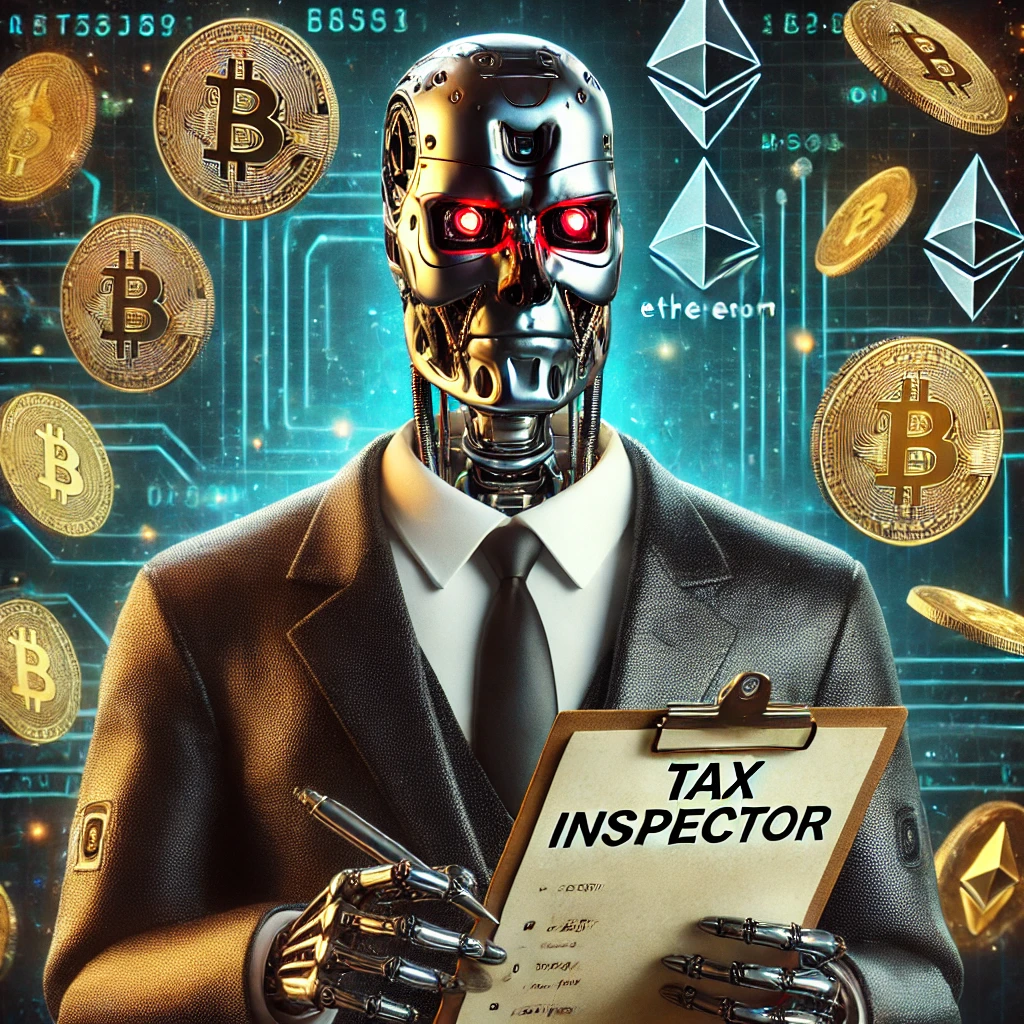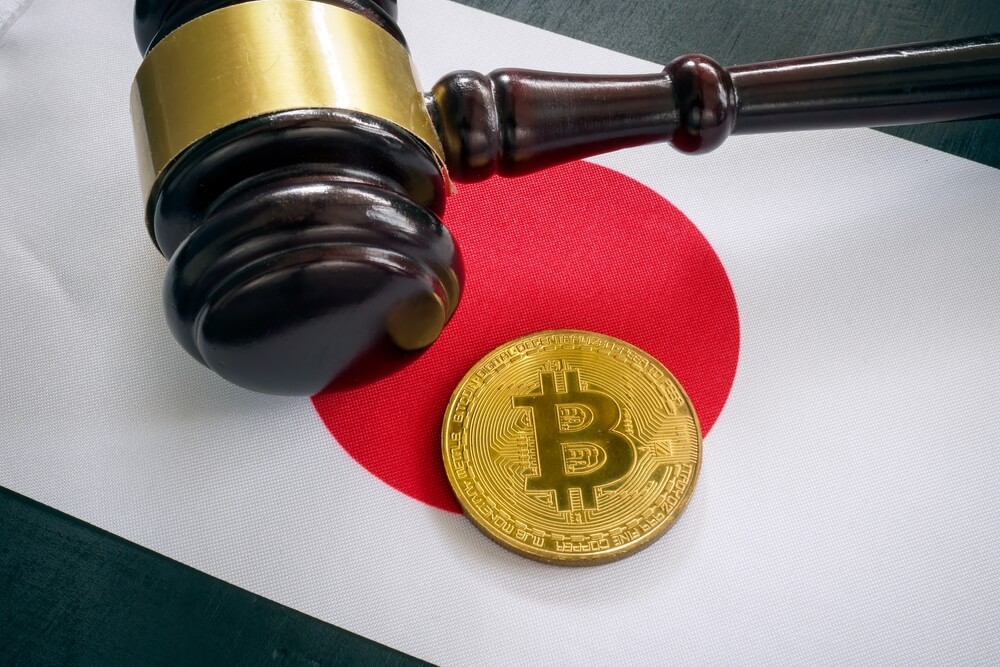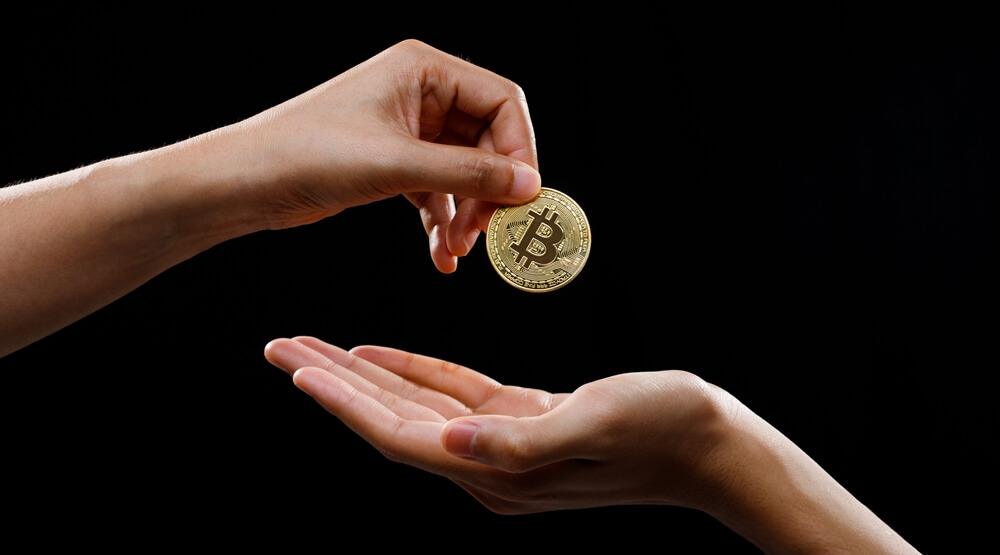
Has the Dubai Court opened the door for pay packets paid in PEPE?
Learn more
July 31, 2023
Last Updated: October 15, 2024

Being a gamer in the P2E space can be pretty fun. Not only do you get to enjoy the immersive gameplay, you also get to earn digital assets (which can be turned into real, ‘tangible’ income. Sounds like a dream right?)
It’s not technically all fun and games though. These earnings bring with them certain tax responsibilities. That’s why we are here to guide you through the basics of p2e tax rules, so you can focus on the fun part. The gaming.
So yeah, playing P2E games isn’t just like playing any video game— it’s an opportunity to turn your gaming skills into real earnings. That means big potential to earn from the comfort of your own home.
But In the UK, money earned through P2E games is subject to tax, just like any other form of income. This could mean paying Capital Gains Tax or Income Tax, depending on how much you earn and how often you trade.
But what taxes do you need to pay on your P2E crypto gains?
Taxing P2E crypto gains in the UK
Typically, the crypto you earn from your gameplay will be treated as ‘Miscellaneous Income’, meaning it’s taxable like any other income. In some rare cases, if you’re engaging in P2E activities almost as a business, your earnings might be taxed as trading income.
Don’t forget, when you decide to sell those tokens later, you might also face Capital Gains Tax (CGT). You’ll only be taxed on any increase in value from the time you received them. But here’s some good news: if the value of your tokens has decreased, you could claim a capital loss, which can help reduce your tax bill. We’re here to help make sense of these rules, so you can keep enjoying the game.
P2E players in crypto are required to pay taxes on any income they receive from their gameplay activities.
The income will be taxed as Miscellaneous Income in the vast majority of cases. However, exceptionally, we have seen people approach playing P2E games on a commercial basis and the recipt of crypto being subject to tax as trading income.
It should be noted that a subsequent sale of these tokens will also result in a CGT liability. However, only any increase in the value of the tokens since received would be taxable. If they have gone down in value, then there will be an allowable capital loss available.
Selling NFTs you’ve picked up or perhaps even enhanced within P2E games usually leads to dealing with Capital Gains Tax (CGT). It’s key to get your head around how these taxes work, because every sale might affect your tax situation differently. Luckily, the crypto tax degens community is here to provide. Check out out CGT crypto guide now, and get in touch with us if you have any questions.
When it comes to keeping tabs on your P2E activities, every transaction, whether you’re buying virtual assets or cashing out, needs to be recorded. Sounds boring and pedantic, but this isn’t just for staying organised—it’s absolutely crucial for accurately reporting HMRC.
Good record-keeping means no surprises when tax time comes around, and it keeps you clear of potential fines or penalties for underreporting. Basically, more of your money in your own pocket
Remember, every coin earned through P2E needs to be reported on your annual tax return. Missing out could lead to unwanted attention from HMRC.
HMRC know you’re earning through P2E through an advanced software system known as Connect. This system sifts through absolutely huge amounts of data, identifying anything could suggest tax evasion and prompting investigations. There’s no avoiding it, make sure all your activity is tax compliant and stay on the right side of the law.
If you’re feeling unsure about your tax duties, there’s no need to go it alone—ask a pro. Join our community and gain access to exclusive insights and guidance from one of the top minds in crypto tax, Andy Wood.
As a crypto-savvy accountant and tax advisor, Andy can help you understand the complexities of crypto taxes, so you meet your obligations and steer clear of any pitfalls.
Anyway, let’s break down how the fun of P2E gaming translates into real-world tax responsibilities with some easy examples. These real-life scenarios will help clarify how and when different tax rules kick in.
Imagine you are a regular player of a popular P2E game. Over the course of the year, you accumulate 0.5 Bitcoin from various in-game achievements and rewards.
After playing, you decide to sell an NFT you received as a tournament prize. You originally received the NFT when it was worth £1,000, but at the time of sale, it’s valued at £5,000.
Both Income Tax and Capital Gains Tax may apply to your earnings from P2E games.
If you are regularly earning crypto as part of your p2 games, it is considered miscellaneous income and is subject to Income Tax. On the other hand, selling assets like NFTs for a profit will trigger Capital Gains Tax.
To determine the value of your cryptocurrency for tax purposes, use the fair market value in GBP at the time you receive it, which can typically be found on a cryptocurrency exchange like OKX.
If the value of your crypto goes down after you’ve earned it, you are still taxed on the value at the time of receipt. However, if you sell the cryptocurrency and realise a loss, you can report this as a capital loss, which may offset other capital gains.
Yes, you need to keep detailed records of every transaction involving your P2E activities. This includes:
You can potentially deduct expenses related to your P2E gaming if you categorise your gaming as a business activity. Possible deductible expenses include the cost of hardware, electricity, and internet service. However, this has the potential to complicate your tax situation.
If you’re unsure about reporting your P2E income, why not join the Crypto Tax Degens community? We can help you understand the specifics, ensuring you’re both compliant with tax laws and making the most of your earnings.

Andy has a breadth of experience as a Barrister and as a Chartered Tax Advisor, which means he comes into the crypto space with expertise he can't wait to share.
Learn more"*" indicates required fields
Want to join the community? View our range of packages with exclusive perks!
It’s not complicated. The best way to avoid bagholding is by staying informed. The best way of staying informed is by listening to the expert.
Andy has a wealth of experience and knowledge designed to help you navigate the crypto tax world, whether you’re in a bull run, sitting on uncomfortably large profits, or planning for the next halving.
Exclusive access
Exclusive access to one of the brightest minds in Crypto
Expert advice
Expert advice on preserving wealth, estate planning, wills, and so much more
International network
Connections to an international network of professional tax advisors

October 12th, 2024

September 12th, 2024

August 20th, 2024

August 2nd, 2024

June 17th, 2024

April 24th, 2024

April 4th, 2024

March 20th, 2024

March 20th, 2024

March 20th, 2024
Got a question or query about our community? Reach out now and we will get back to you soon.
"*" indicates required fields





